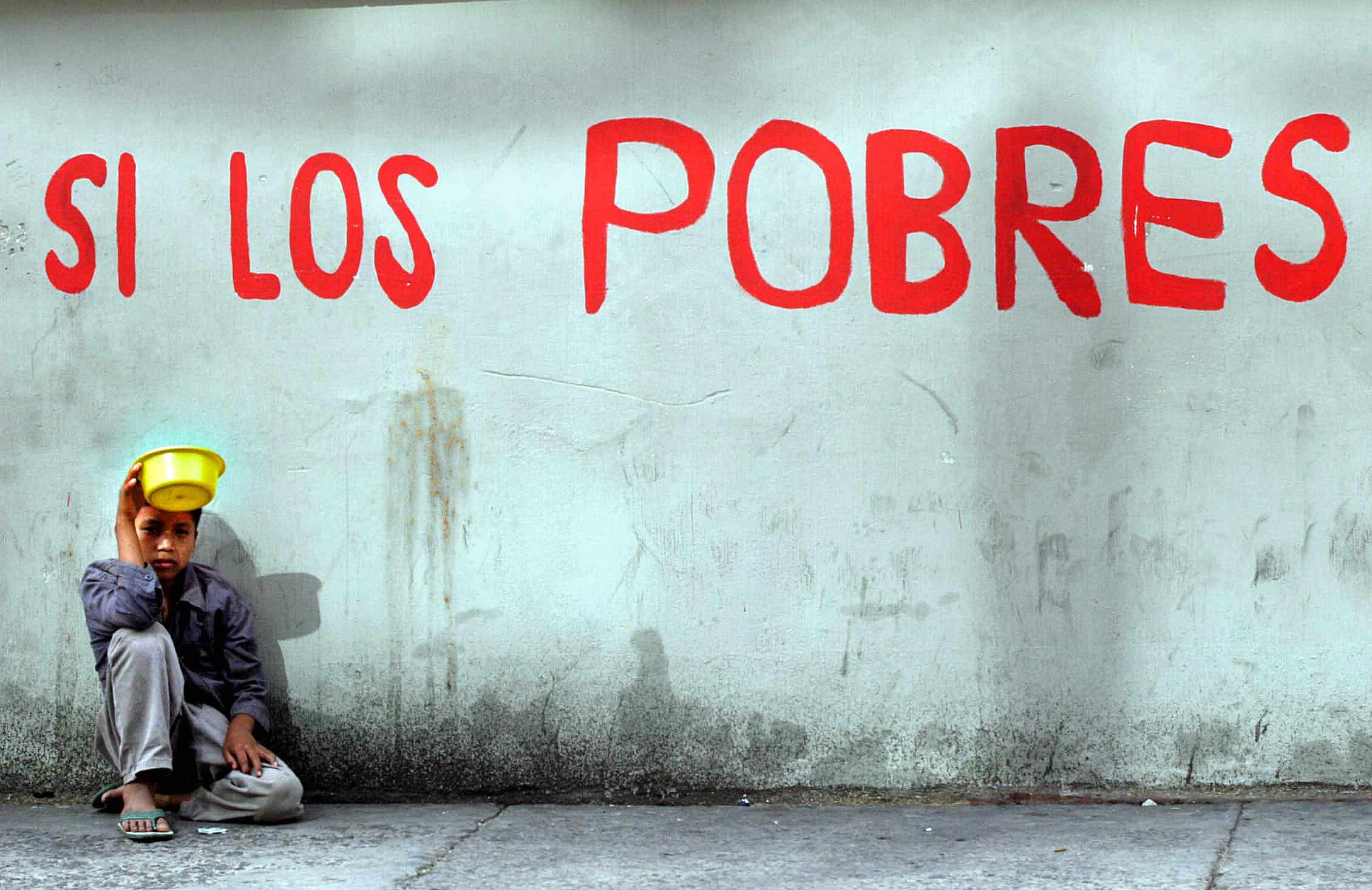Climate change has impacted Costa Rica significantly. Phenomena such as high temperatures and extreme rainfall have affected the most vulnerable populations, especially in rural areas. Many individuals have also lost their homes and jobs. Many communities have experienced practically irreparable material losses. In these areas, where there is substantial food production, entire plantations have been destroyed by the weather, resulting in millions of dollars in losses for farmers.
For the rest of the Costa Rican people, particularly those in lower socioeconomic strata, the impact has also been extremely severe. Basic food basket items such as tomatoes, potatoes, eggs, and fruits have seen exponential price increases. As a result, many families can no longer afford these items or must purchase them in smaller quantities. In December alone, the prices of papaya increased by 75.21%, tomatoes by 50.68%, onions by 49.25%, and potatoes by 18.77%.
Data shows the production of coffee, potatoes, plantains, and onions for the local market has reduced, due to adverse weather conditions. “The climate crisis has altered agricultural production patterns, particularly due to heavy rains and prolonged droughts. These phenomena impact the supply of products such as fruits, vegetables, seeds, sugars, and cereals, causing price increases and shortages of certain foods in the market,” explained Cecilia Mora, general director of RS-Sostenible.
Problems persist as the changing climate, marked by heat waves, droughts, and heavy rains, is disrupting crop growing seasons and affecting soil quality. Agricultural production is declining due to the spread of fungi and bacteria, conditions that further hinder crop yields and quality.
This scenario could exacerbate the social problems already existing in the country, as these changes may push more families into extreme poverty. “Given that food constitutes a significant portion of household spending, price increases could drive more people into extreme poverty, undermining the food security of the population,” added Mora.
At the same time, vulnerable communities face substantial barriers in adapting to these crises. Poverty, low levels of education, and a lack of employment opportunities hinder individuals from relocating or seeking new economic activities to make ends meet.






